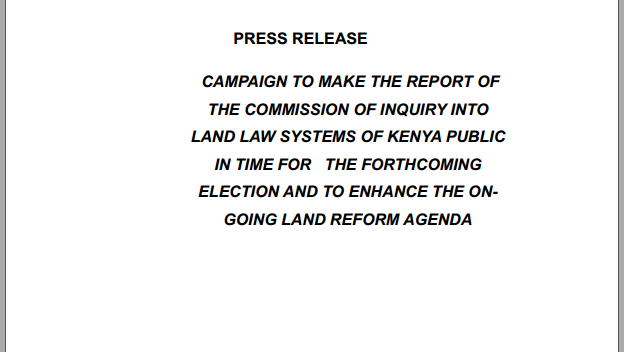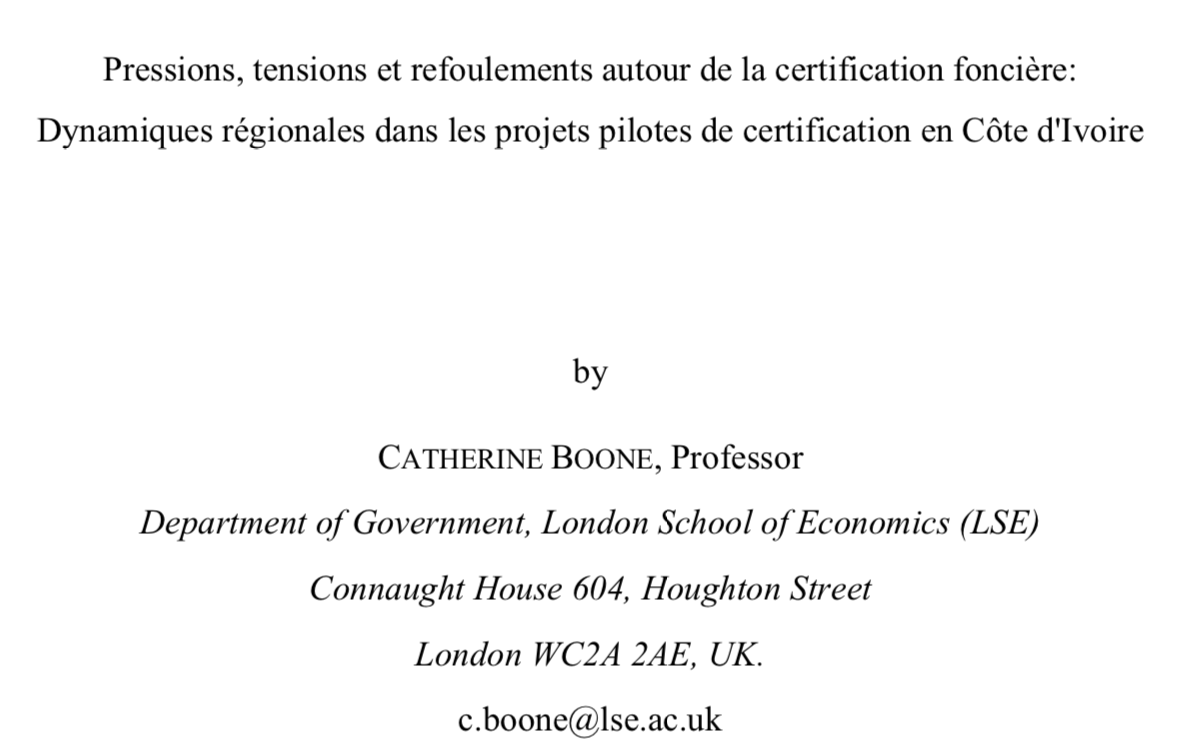National Real Estate Cadastre Law (2005)
This Law provides rules on the national real estate cadastre of Latvia. Its purpose is to ensure society with updated cadastre information regarding all real estate in the State territory, objects thereof, parts of land parcels and owners, lawful possessors, users, renters thereof.







